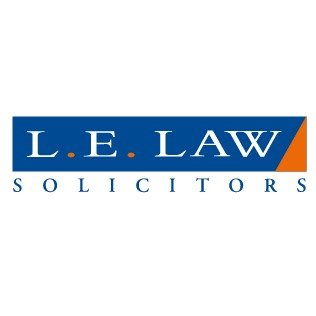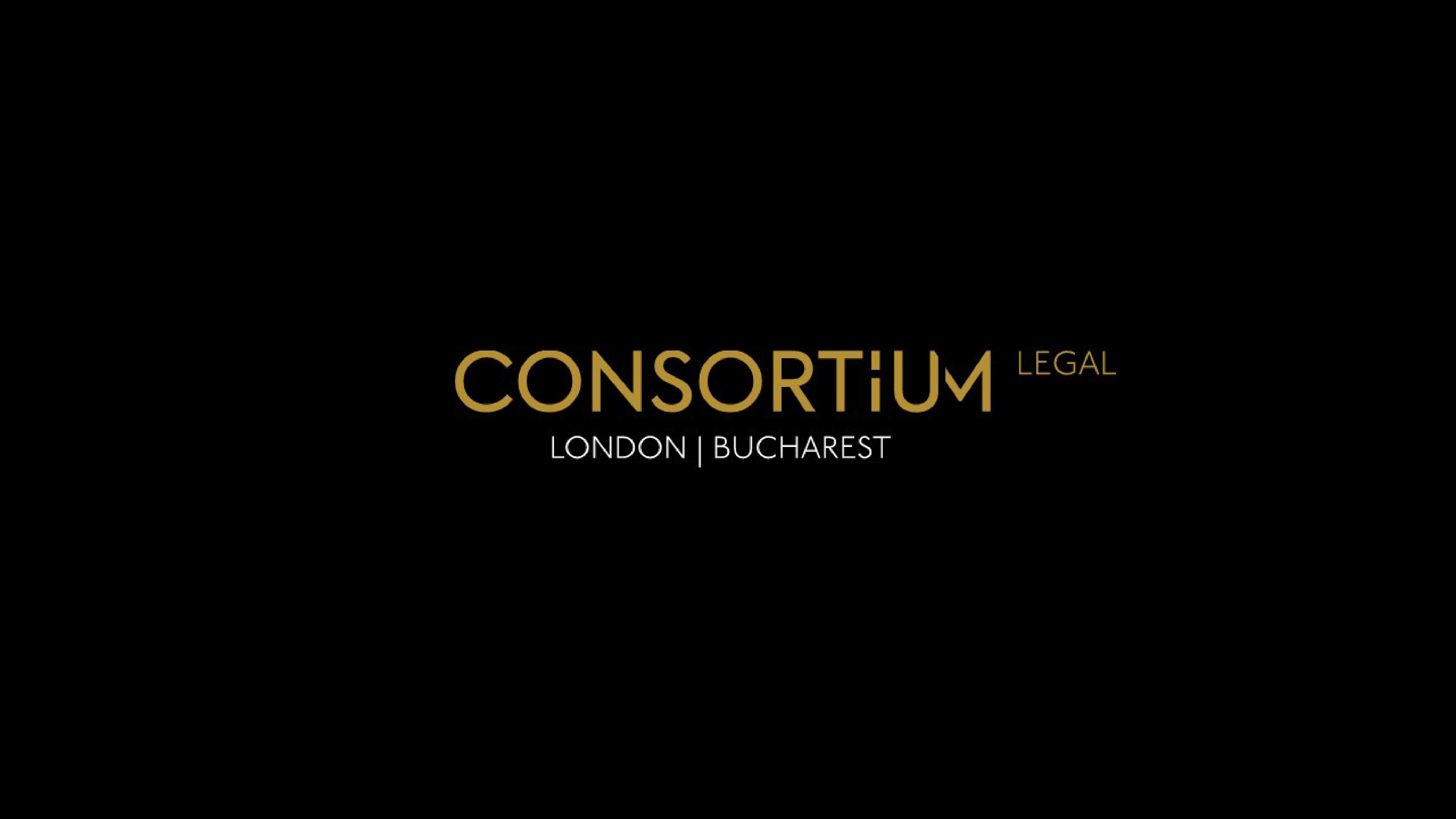Best Foreclosure Lawyers in London
Share your needs with us, get contacted by law firms.
Free. Takes 2 min.
Free Guide to Hiring a Real Estate Lawyer
List of the best lawyers in London, United Kingdom
About Foreclosure Law in London, United Kingdom:
In the United Kingdom, including London, the process of foreclosure is somewhat different compared to other countries. Here, the term often used is 'repossession', which entails a mortgage lender reclaiming possession of a property when mortgage payments are not met. It's a legal process that facilitates the recovery of the outstanding debt from the defaulting borrower. It should be noted that this is usually the last resort for lenders. The laws governing this process are complex and regulated by several laws and regulations including the Consumer Credit Act 1974, Financial Services and Markets Act 2000, among others.
Why You May Need a Lawyer:
Understanding and navigating foreclosure laws can be particularly complex and stressful, especially when you are at risk of losing your home. A lawyer can walk you through your rights as a borrower, help you understand potential defenses, and explore alternatives to foreclosure. Lawyers can also assist with negotiating with your lender, challenging the terms of your mortgage contract or even representing you in court if the need arises. Hiring a lawyer ensures that you receive accurate information and professional advice aligned with your best interests.
Local Laws Overview:
Local laws in London primarily fall under English law. It requires that lenders must treat you fairly and give you a reasonable period to repay the arrears. Additionally, lenders must provide you with necessary information about your mortgage, and inform you if they plan to repossess. One of the key aspects of these laws is that the lender must go to the court to repossess your property, providing you with an opportunity to defend your case. In many cases, repossession can be stopped or delayed by proper representation in court.
Frequently Asked Questions:
1. How long does the foreclosure process take in London?
The process of foreclosure varies from case to case, but generally, it might take around several months. However, the exact duration depends on the individual circumstances of your case.
2. Can Foreclosure be halted once it has started?
Yes, foreclosure can often be halted, either through direct negotiation with your lender, by paying off the arrears, or through court intervention, all of which an experienced lawyer can assist with.
3. Why should I hire a lawyer during the process of foreclosure?
A lawyer can provide the necessary legal advice and options while helping you navigate this complex process. This may significantly increase your chances of achieving a favorable outcome, such as renegotiating the terms with your lender or even stopping the foreclosure.
4. Can the lender repossess my property without informing me?
No, lenders are required by law to provide written notice prior to initiating repossession proceedings. Failure to do so can be grounds to contest the foreclosure.
5. Are there any legal protections for homeowners facing foreclosure?
Yes, London homeowners have a number of rights and protections under English law. These include the right to be notified in advance, the right to a fair hearing, and the opportunity to repay arrears over a reasonable time.
Additional Resources:
Further information about foreclosure can be found through various bodies such as The Financial Conduct Authority (FCA), Citizen's Advice Bureau, Shelter, and The Money and Pension Service. These organizations offer impartial advice and guidelines to UK homeowners who are facing foreclosure.
Next Steps:
If you are facing foreclosure and require legal advice, the most advisable step would be to consult with a reputable lawyer who specializes in real estate or property law in London. Following an initial consultation, you will be able to establish your next steps based on their professional advice and the specific aspects of your case. It's important that you do this as quickly as possible to ensure you have time to prepare and execute your legal strategy.
Lawzana helps you find the best lawyers and law firms in London through a curated and pre-screened list of qualified legal professionals. Our platform offers rankings and detailed profiles of attorneys and law firms, allowing you to compare based on practice areas, including Foreclosure, experience, and client feedback.
Each profile includes a description of the firm's areas of practice, client reviews, team members and partners, year of establishment, spoken languages, office locations, contact information, social media presence, and any published articles or resources. Most firms on our platform speak English and are experienced in both local and international legal matters.
Get a quote from top-rated law firms in London, United Kingdom — quickly, securely, and without unnecessary hassle.
Disclaimer:
The information provided on this page is for general informational purposes only and does not constitute legal advice. While we strive to ensure the accuracy and relevance of the content, legal information may change over time, and interpretations of the law can vary. You should always consult with a qualified legal professional for advice specific to your situation.
We disclaim all liability for actions taken or not taken based on the content of this page. If you believe any information is incorrect or outdated, please contact us, and we will review and update it where appropriate.
















